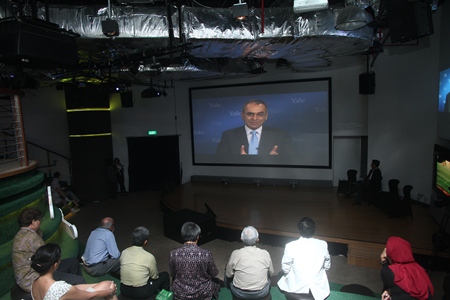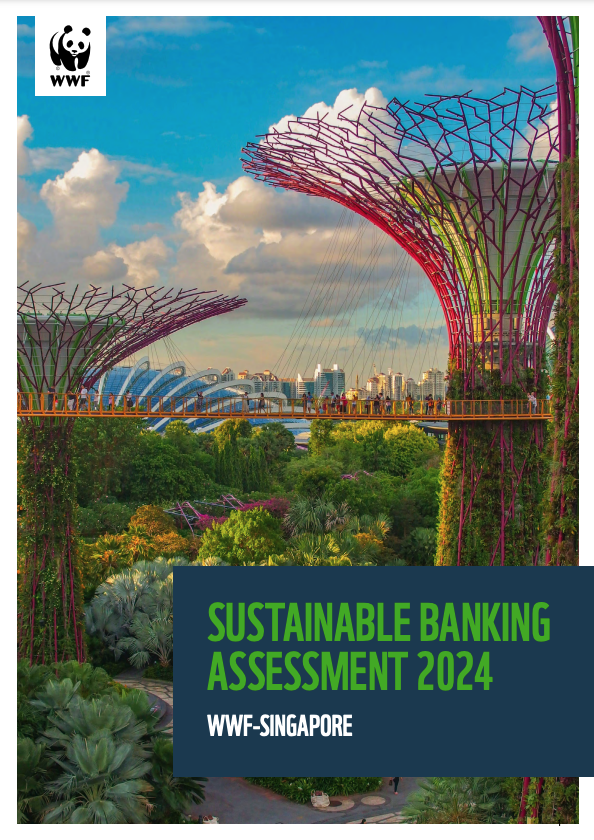If a green economy improves the distribution of income and wealth and reduces ecological insecurities and environmental risks, then why would we want any other sort of economy in the world today? That was the question asked by Mr Pavan Sukhdev, founder and CEO of GIST Advisory and leader of The Economics of Eco-systems and Biodiversity (TEEB) project, speaking via a video opening address at the ‘Incentives for a green economy’ session, during the Heart of Borneo Forum, in Jakarta, April 18-20.
Mr Sukhdev said a green economy could deliver environment, social and economic objectives and there were already a range of Indonesian government regulations and laws to support sustainable and sectoral green development. However, new investment mechanisms were needed to pave the way, with ‘Payment for Environmental Services (PES) mechanisms, providing new opportunities for generating financing that was not previously available.
Challenges
The session discussed some of Indonesia’s key challenges in moving towards a green economy. Many of these revolved around access – access to capital, to green technology, green human resources, data and information as well as good governance.
Investment is required to build skills and social capital as well as natural capital. Speakers during the session all noted that the planet’s resources did not ‘grow’ alongside economic activities. Managing economic growth sustainably, and ensuring that local communities benefit from the amassed wealth, would be a key challenge for the future.
Priorities
Session participants called for a system whereby those who provided environmental services got paid for doing so and those who benefit from environmental services pay for using them, and proposed a series of steps to achieve this:
- ongoing Payment for Environmental Services (PES) initiatives – connecting buyers and sellers to improve livelihoods and environmental services
- supporting academic research on economic valuation of environmental services
- promoting legislation including passing the draft law on environmental services
- combining and implementing all of the options above.
The session closed with a call for regional dialogue and intergovernmental action, recognising that environmental impacts don’t recognise borders.















